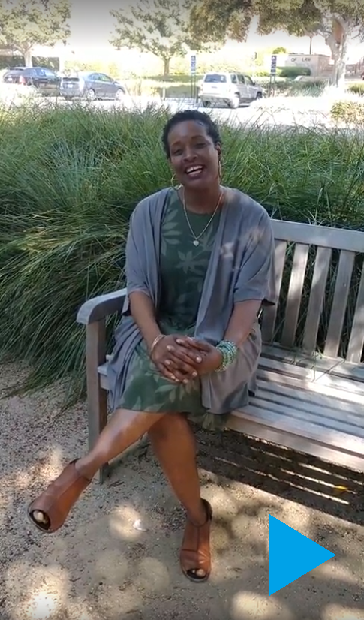On March 20, 2018, Samantha Dawson was diagnosed with breast cancer. Soon after receiving the devastating diagnosis, she underwent two surgeries. Then, over the next eight months, she endured six sessions of chemotherapy. During these difficult months, Samantha continued to work and give her all to UCLA as an administrator at the Chancellor’s Office. For her final round of treatment, the doctor determined that a blood transfusion was required, so she ended up receiving two units of blood at the Ronald Reagan UCLA Medical Center.
Blood donations are an integral part in life-saving procedures on a daily basis. On average, someone requires a blood transfusion every two seconds. Patients who need blood range from trauma to cancer patients to patients with chronic diseases. Red cells are only stored up to 42 days and platelets are stored up to five days. This requires that there be a constant new supply of donations to ensure that the supply doesn’t run out. However, this daily need for blood exponentially grows during a large-scale disaster due to the significant increase of people affected and injured. Additionally, this need is worsened because there is a delay between when the blood is donated and when the blood products become available for use.

Blood donations go through a rigorous testing process, which takes several days. After large-scale emergencies and disaster, we tend to see an overwhelming outpouring of people who go to donation centers to help. While this is great and should always be encouraged, donations made before a disaster are just as important. We need maintain a well-stocked supply of blood products in order to ensure that at any given time we are prepared for a large-scale event/need, and we can’t do this without people like you.

